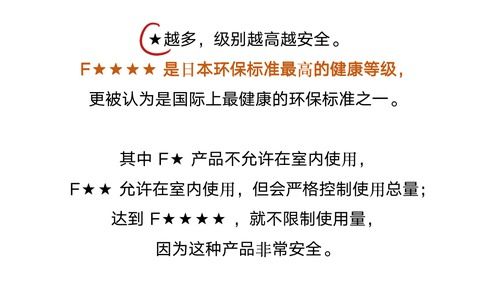
Wit

h the vast amount of information available at our fingertips, it's easy to become overwhelmed and overlook some lesser-known facts. These "cold" or obscure pieces of knowledge can be fascinating and even useful in certain situations. In this article, we'll explore some of these facts and why they shouldn't be ignored.
Did you know that the phrase "rule of thumb" actually comes from an old English law that allowed men to beat their wives with a stick as long as it was no thicker than their thumb? While the origin is disturbing, the phrase is still commonly used today to mean a general principle or guideline.
Another cold, but interesting fact is that there are more possible iterations of a game of chess than there are atoms in the known universe. This mind-boggling fact is due to the number of possible moves and positions that can occur during a game. It's no wonder that chess has been a popular game for centuries, with players always finding new strategies to outsmart their opponents.
If you've ever wondered why "Pharaoh" is spelled with a "Ph" instead of an "F," it's because the Greeks spelled the word that way when they conquered Egypt. The Greeks had a letter for the "F" sound, but it looked too similar to their letter for "r," so they used "Ph" instead.
Moving on to more practical knowledge, did you know that holding your breath when someone nearby coughs or sneezes could actually increase your chances of catching their germs? That's because the droplets containing the virus or bacteria can travel farther through the air when someone exhales after a cough or sneeze. The best way to protect yourself is to wear a mask, even if you're not sick.
Finally, did you know that you can easily determine the direction of north without a compass? Simply hold a stick or branch upright and mark where the tip of the shadow falls. Wait about 15 minutes and mark the end of the new shadow. The line between the two marks will be pointing north-south.
These cold facts may not seem immediately relevant, but they can provide insight into language and history, as well as be helpful in everyday situations. By expanding our knowledge beyond the basics, we can gain a better understanding of the world around us. So embrace the obscure and never underestimate the power of "cold" knowledge.